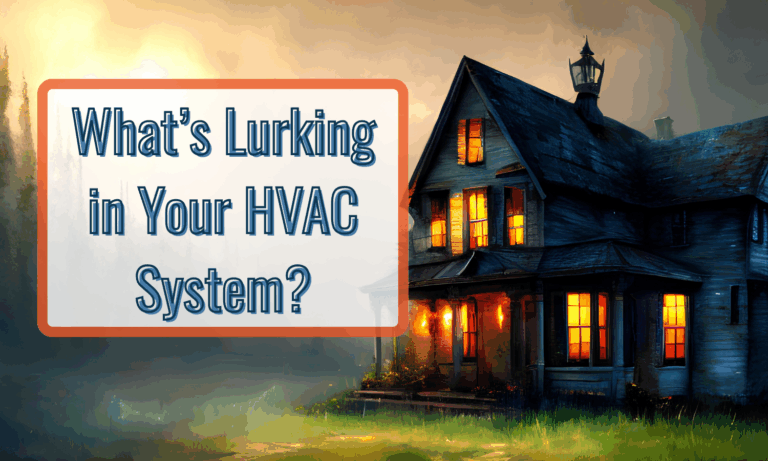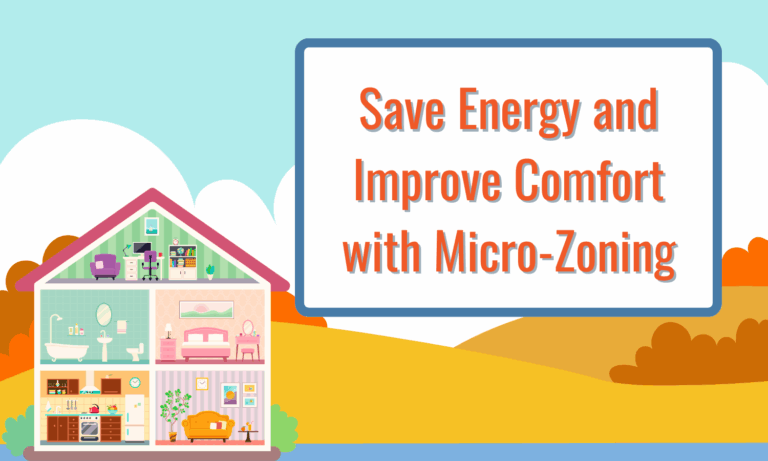Blog
1-12 of 111 results
-

- Furnace Replacement
- |
- Furnace Installation
- |
- Furnace Repair
- |
- Furnace Service
- |
- Heating
- |
- Heating maintenance
- |
- Heating Repair
- |
- Heating Service
- |
- Home Maintenance
- |
- HVAC Repair
Understanding Heat Exchanger Failures: Causes, Risks, and Solutions
What Does It Mean When Your Heat Exchanger’s Been Condemned? When your HVAC technician tells you that your heat exchanger is “condemned,” it’s a safety -

- Home Comfort
- |
- Energy Efficiency
- |
- Furnace Service
- |
- Greenville, SC
- |
- Heat Pump Service
- |
- Heating
- |
- Heating maintenance
- |
- Heating Service
- |
- Home
- |
- Home Maintenance
- |
- Indoor Air Quality
- |
- Mold
- |
- North Carolina
- |
- South Carolina
- |
- Thermostats
Thanksgiving HVAC Tips: Prepare Your Heating System Now
🦃 Holiday Mode: How to Prepare Your HVAC System for Thanksgiving and the Holidays As Thanksgiving approaches, most people focus on prepping the turkey, setting -

- Heat Pump
- |
- Energy Efficiency
- |
- Heat Pump Installation
- |
- Heat Pump Service
- |
- Heating
- |
- Heating & Air
- |
- Heating maintenance
- |
- Home Comfort
Why the ArcticFlex Heat Pump Is a Smart Choice for Cold Climates
Seminar Throwback: ArcticFlex Heat Pump Technology and Performance “Every accomplishment starts with the decision to try.” — John F. Kennedy In regions where winters are -

- AC Repair
- |
- AC Service
- |
- Energy Efficiency
- |
- Furnace Repair
- |
- Furnace Replacement
- |
- Furnace Service
- |
- Heat Pump Service
- |
- Heating & Air
- |
- Heating Repair
- |
- Home Maintenance
- |
- HVAC Repair
When to Replace Your HVAC System (And How to Make It Last Longer)
Seminar Throwback: When To Repair Vs Replace Your HVAC Unit At Blue Ridge Heating & Air, we’re on a mission to educate homeowners so they -

Why is Indoor Air Quality Important and What You Can Do To Improve It
Seminar Throwback: How to Fix The Air You’re Breathing At Home When most people think about air quality, they imagine smog, pollen, or exhaust fumes -

- Heat Pump
- |
- Air Conditioning
- |
- Ductless Mini Split
- |
- Energy Efficiency
- |
- Furnace Replacement
- |
- Heat Pump Service
- |
- Heating
- |
- Heating & Air
- |
- Heating Service
- |
- Home Comfort
- |
- HVAC Installation
- |
- Single-Zone Ductless Mini-Split
- |
- Zoned HVAC
Modern HVAC Technology That Works: Comfort All Year Long
Everything You Need to Know About Staying Comfortable All Year Long At Blue Ridge Heating & Air, we know comfort in the Carolinas isn’t just -

- AC Installation
- |
- Energy Efficiency
- |
- Furnace Installation
- |
- Furnace Replacement
- |
- Heat Pump Installation
- |
- Heating
- |
- Heating & Air
- |
- Home
- |
- HVAC Installation
- |
- Thermostats
Everything You Need to Know Before 2026 About the R410A Refrigerant Change
Seminar Throwback: The 2025 Refrigerant Change Q&A The HVAC industry is experiencing a major shift, and it officially began in 2025. Blue Ridge Heating & -

- Energy Efficiency
- |
- Heat Pump
- |
- Heating
- |
- Heating maintenance
- |
- Heating Service
- |
- Home Comfort
- |
- Home Maintenance
- |
- HVAC Service
How Do Heat Pumps Work in Winter? [2025 Ultimate Guide]
❄️ Do Heat Pumps Really Work in Winter?❄️ If you’re considering a heat pump for your home in 2025, you’re not alone. Heat pumps are -

- Indoor Air Quality
- |
- Greenville, SC
- |
- Home
- |
- Home Comfort
- |
- Home Maintenance
- |
- Mold
- |
- North Carolina
- |
- South Carolina
Learn How to Detect and Prevent Dangerous HVAC Mold in Your Home
What’s Lurking in Your HVAC System? Is your home hiding a secret in your vents, ducts, or basement? While ghosts and goblins only come out -

- Zoned HVAC
- |
- Air Conditioning
- |
- Brevard, NC
- |
- Ductless Mini Split
- |
- Energy Efficiency
- |
- Greenville, SC
- |
- Heating
- |
- Heating & Air
- |
- Home
- |
- Home Comfort
- |
- Home Maintenance
- |
- Multi-Zone Ductless Mini-Split Heat
- |
- North Carolina
- |
- Single-Zone Ductless Mini-Split
- |
- South Carolina
- |
- Thermostats
What Is Micro-Zoning and Why Does It Matter?
Save Energy and Improve Comfort with Micro-Zoning Does this sound familiar? The upstairs feels like a sauna while the downstairs is freezing, and no matter -

- Heat Pump
- |
- Air Conditioning
- |
- Energy Efficiency
- |
- Furnace Replacement
- |
- Heat Pump Installation
- |
- Heat Pump Service
- |
- Heating
- |
- Heating Service
- |
- Home Comfort
- |
- HVAC Installation
How Does the ArcticFlex Compare to the Standard Heat Pump?
Customer Spotlight: Why David Calls His New ArcticFlex System “Head and Shoulders Above” Any Heat Pump At Blue Ridge Heating & Air, nothing means more -

- Brevard, NC
- |
- Energy Efficiency
- |
- Greenville, SC
- |
- Heating Service
- |
- Home
- |
- Home Comfort
- |
- Home Maintenance
- |
- HVAC Service
- |
- North Carolina
- |
- South Carolina
5 Fall Home Projects to Pair with HVAC Maintenance
5 Fall Home Projects to Pair with HVAC Maintenance Fall is the perfect season for home upkeep. The weather is cooler, the pace slows down
